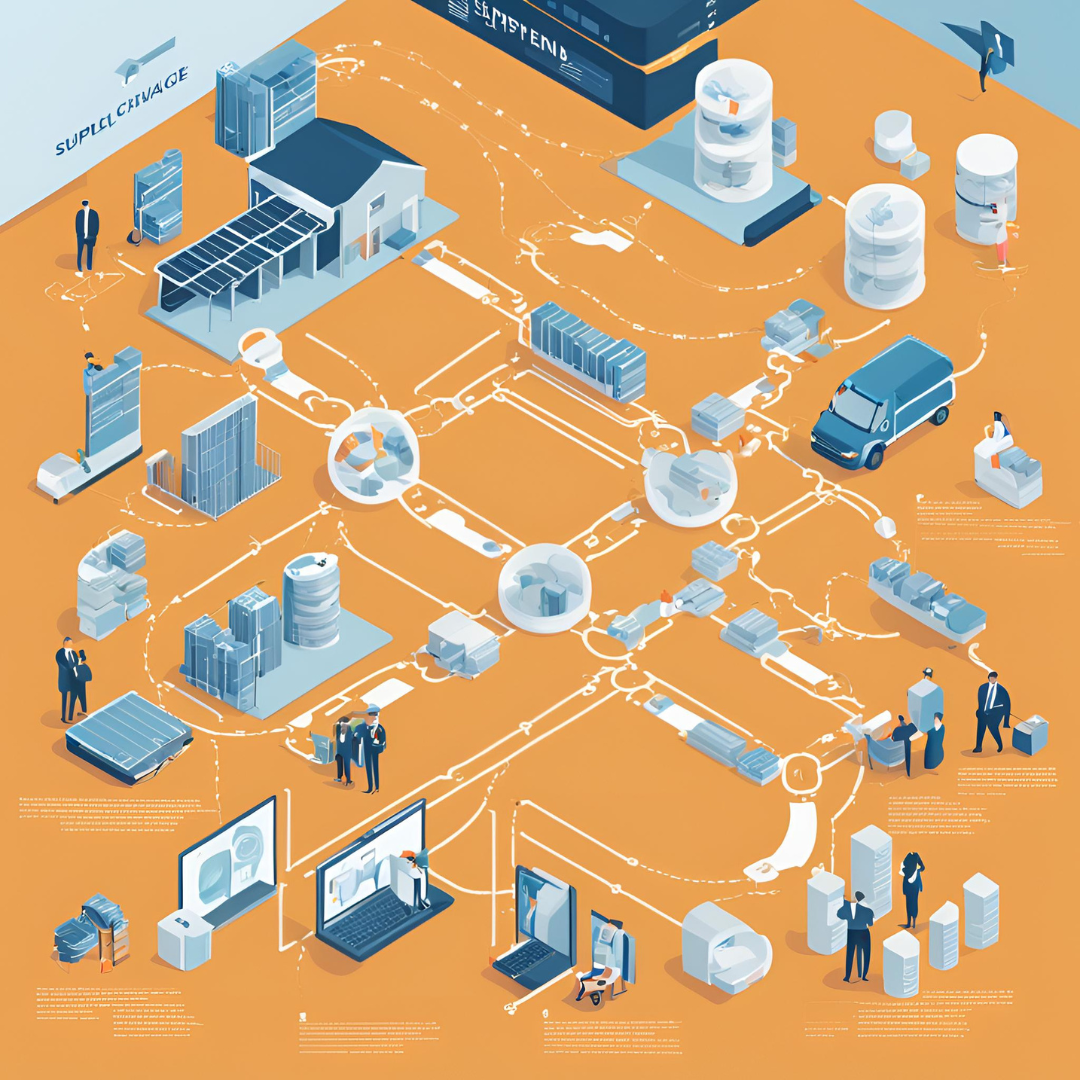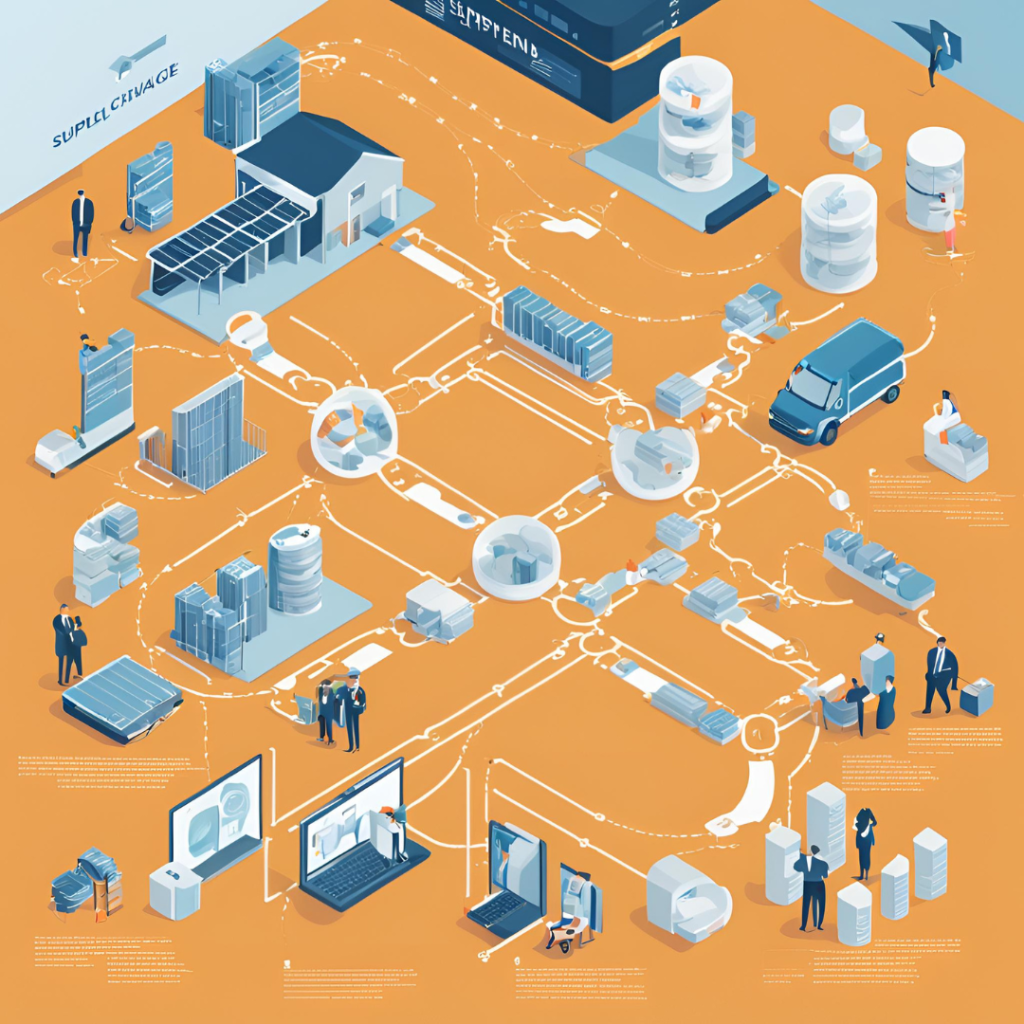The Rise of Procurement
The Unseen Problem
Overoptimization of procurement has shifted the focus away from human relationships and made it overly categorized. Rather than working with suppliers to achieve mutual benefit, businesses approach suppliers with an objective checklist mindset instead. For example, teams working on the next up and coming product market are focusing on categories and not prioritizing supplier interests. Another example is teams measuring procurement performance focused on savings by category and products rather than on the savings or values granted by suppliers. Additionally, the job functions expected of talents recruited into procurement are more focused on better understanding products and categories and not managing suppliers’ relationships. It is unfortunate that suppliers are seen as faceless entity rather than partners in the procurement process.
Suppliers now faces issues on their side, such as receiving opposing information across business units when working with them, rendering them unable to act. They are also prone to last minute changes from companies, leaving them no time to respond. We can see that the lack of alignment within business functions, coupled with no accountability, is damaging to the supplier. It might even mean job cuts or plants closure on the supplier end as they lose out on business. On the other hand, companies are also not free from repercussions. A supplier acting in bad faith can take advantage of the internal misalignment and obfuscate contractual terms and prices.
A Different Perspective
This is where Supplier Relationship Management (SRM) comes into play. While category management focuses on the cost of product or service, SRM is about increasing efficiency when collaborating with supplier and reap benefits from it. It recognizes that both parties have their own goals and interest to meet. Companies can develop their relationships by starting to ask questions like, what do we want from this supplier at a company level, how do we want to structure the relationship with this supplier, and how do we ensure we are aligned internally when dealing with this supplier? These crucial questions are beneficial to all organizations. It presents them with new opportunities and allows them to tap into new working dimension presented with supplier relationship management.








